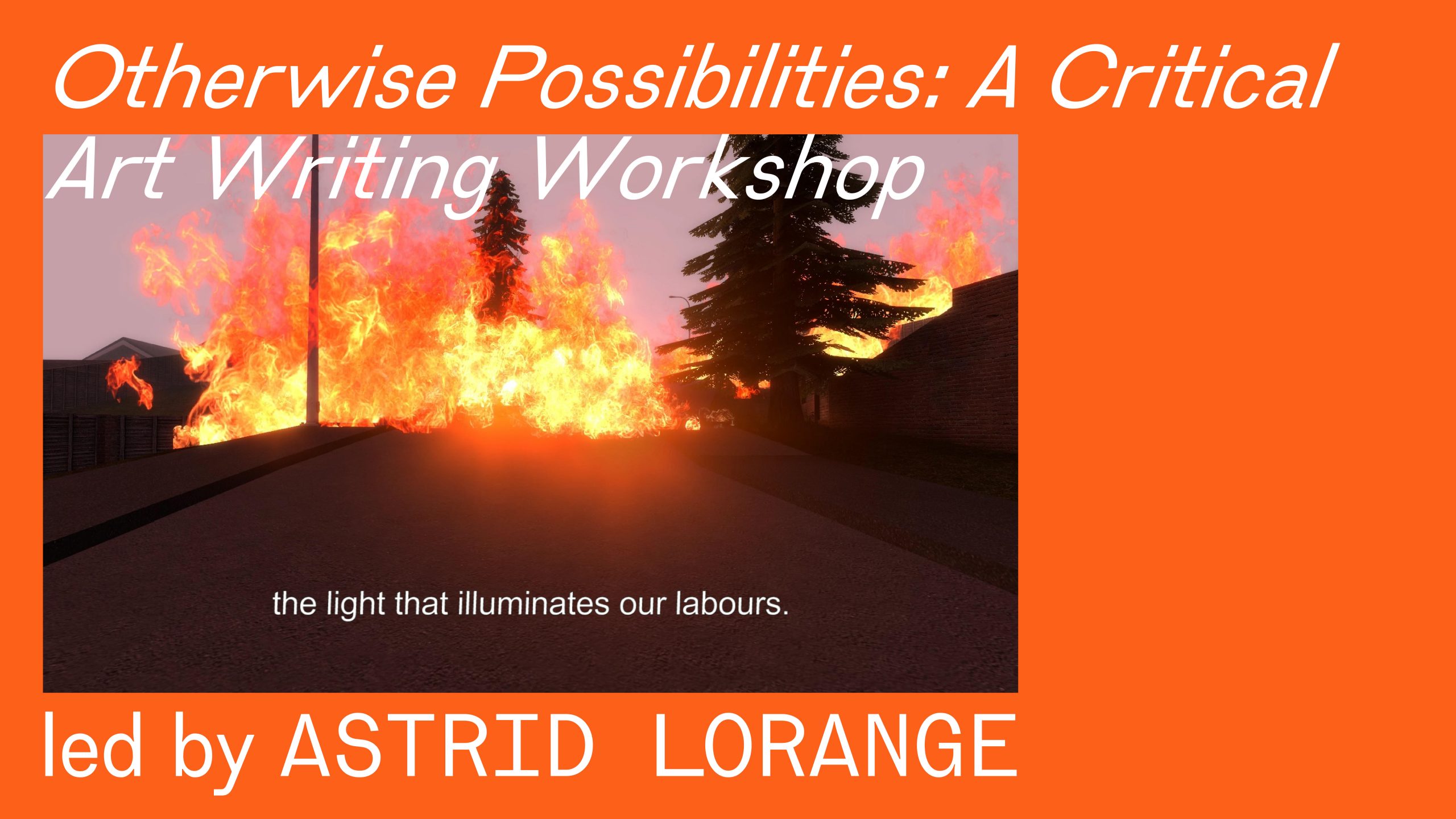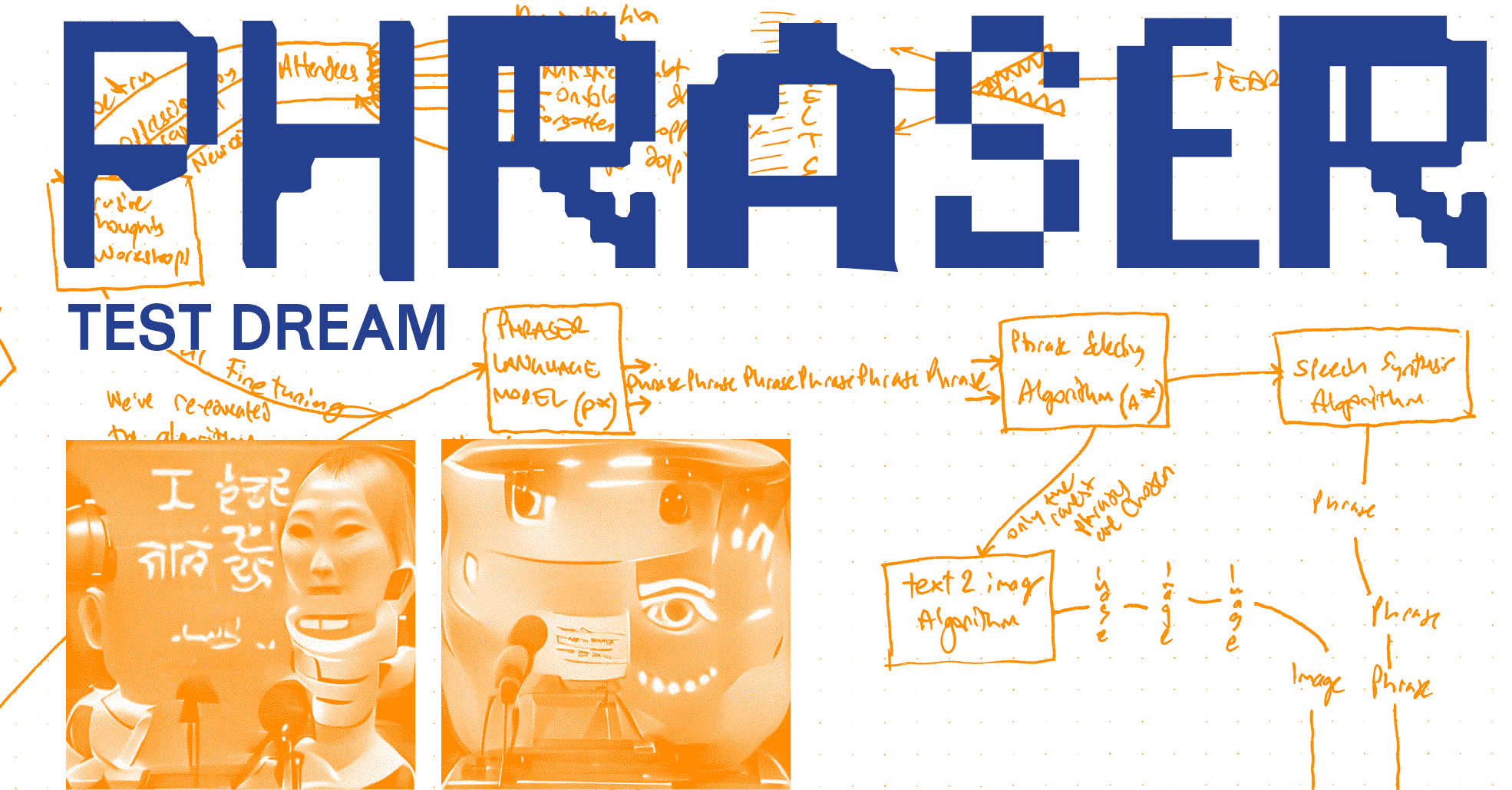Too close to touch
Ella Crowley
Taurus season of 2020 I become fixated on my hands that feel so weak with disuse they itch. A restless desire to do something, or to touch something real, pressing through my palms.
Taurus is the ruler of tactility. The second sign in the zodiac, it introduces us to the matter of the world. It gives things a form. Like skin stretched over a body, the weave of a basket, something difficult to say wrapped in a story.
Yet things feel formless this season. It is the early days of the pandemic and the boundaries of things are all muddied. We go to see Nanna in the hospital. At first entering one by one before the nurses decide it’s quiet enough that we can all huddle together in the waiting room. Here, I peer at the giant cherry blossom tree on the peeling, bubbling wallpaper. Running my fingers through my hair I find a small, pink flower. It sits in the dip of my palm, so strange and fragile in the hard smoothness of the room. For a brief moment I wonder if I am not inside, but out.
Later, as Nanna is dying, the priest pulls on disposable gloves to anoint her. He is fumbling with the holy oil his fingertips cannot feel. In this moment, I want so badly to touch her. I reach out to the thin, papery skin above her ankle and place my hands there.
Her funeral is the day of the Scorpio full moon. There are few of us in the church, more on the live stream. When we sing I can pick out the voices of each of my relatives echoing through the quiet space. We are reaching out to each other, soothed by the touch. In the evening, the moon looms – casting shadow. The moon amidst the dark sky as the first still moment offers Mary Ruefle. The first study in contrasts.
Me here – you there.
I like to think of this hyphen as capacious. As a language we build. A form to reach out to – so close we might touch.
It is Taurus season 2021 and I’ve been plunging my hands into things to ease the itch: soil, dough, water. One morning I wake up and the blushing elms have dropped all their leaves. We gather them up and pile them in the garden to decompose.
Where Taurus is terranean, its polarity Scorpio is subterranean – ruling the ineffable and interior. Polarities, writes Alice Sparkly Kat, are really about the same thing just pointing in different directions. Taurus is a bull, Jung’s great push of nature, while Scorpio is a snake or a scorpion, creatures that moult as they grow. Form, after all, is a wandering line writes Taurus sun/Scorpio moon Hannah Black.
Samhain comes, marking the end of summer, and I travel home for Nanna’s memorial. In Celtic traditions, Samhain is a time of contact with the Otherworld where the dead come back to the realm of the living. Angels, Emmalea Russo points out, show iridescences in what formerly appeared flat. Known through indirect means, they may pass by in a breeze.
I stand on the headland with my cousins and watch the Manly ferry traverse back and forth across the harbour. I’m reminded of the trips we took on it with Nanna when we were younger. They were always the same: we’d get ice cream and sit out amidst the sea spray as the vessel chugged across the water in its familiar, undulating rhythm. Nanna was consistent. And in her last years, it was this same view she looked out upon from her window.
From up high, the distance looks so small.
If you can see a thing whole writes Ursula Le Guin it seems that it’s always beautiful.
You need distance, interval. A form to take, a vantage to look from.
Of the twelve people that set foot on the moon between 1969 and 1972, Mary Ruefle recounts, all share the same feeling. It was not the being on the moon that so affected them, it was looking at the earth from the vantage point of the moon.
You there – me here.
I stand with my cousins looking out across the ocean. A cool wind blows up from the bay, gently brushing the palms of my hands.
Ella Crowley is a poet and writer living and working on unceded Wurundjeri Country.








